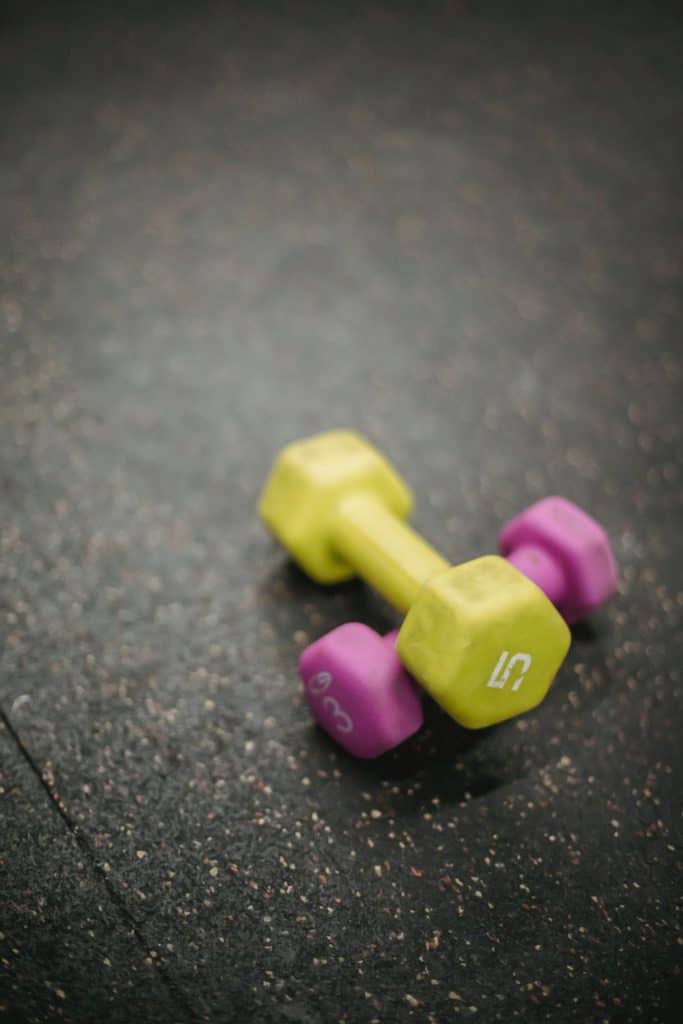
It’s not just our imagination that we lose strength as we get older. Muscle mass loss starts as early as age 30 and continues at between three to eight percent each decade, with the loss rate increasing after age 60.
This muscle loss called sarcopenia is one of the main causes of disability in seniors. It can lead to falls, injuries, and ultimately, loss of independence.
How best do we fight sarcopenia? A diet high in quality protein is helpful, as are omega-3 fatty acids and Vitamin D. However, our number one weapon is exercise.
But what if you’re an older adult who doesn’t exercise regularly? Well, if you’ve exercised in the past, here’s the good news. There’s a phenomenon called muscle memory, and thanks to muscle memory it may be actually easier to rebuild your muscles than it was to establish them in the first place.
What Is Muscle Memory And How Does it Promote Fitness?
Muscle memory involves committing a motor task to memory through repetition. It can apply to complex tasks that involve just as much brain power as muscle power. However, it also comes into play in straightforward acts that require physical strength. These might include push-ups, weightlifting, and resistance training, activities that maintain strength and coordination as we age.
If you’ve been a regular exerciser but then stop, your muscles atrophy. However, they don’t lose as much strength as you might expect. There is a “memory” retained even when the muscles are inactive. If and when you begin working out again, this memory “wakes up” and helps you to rebuild muscles. Thankfully, you can regain your strength more quickly than you did in the first place.
Some people think of it as a reward for having done all that hard work to begin with. To put it another way, the effort we put forth in life is not usually entirely lost somewhere down the line.
How Does This Muscle Memory Work?

The exact mechanism of muscle memory isn’t clearly understood. One explanation is that strength training and other motor activities create new neural pathways in your central nervous system. When training goes on hold and you may not be using these pathways, they don’t disappear. If you restart training, you don’t have to create new pathways because you’re reactivating the ones that already exist.
Another theory has to do with cellular nuclei. New nuclei proliferate when a muscle is built up, and these nuclei containing DNA store the muscle memory. The nuclei don’t disappear during periods of inactivity and when exercising resumes, they’re available to begin making muscle protein.
Fortunately, you don’t have to understand how muscle memory works in order to benefit from it.

What Does It Take To Build Muscle Memory?
It doesn’t take years of repetition to gain muscle memory. Some research suggests that neurological changes can take place as quickly as two to four weeks. In terms of how many reps that might involve, some people theorize that as few as 1,000 repetitions could be enough.
There isn’t a definitive answer to the question of how long muscle memory lasts. In any case, it appears to be a large number. Some research suggests it could last as long as 15 years and possibly even a lifetime. Other studies posit results ranging from a few years to several decades. No matter how long ago you did strength training, there may be at least some residual muscle memory waiting to encourage you and provide an assist when you resume working out.
It’s reasonable to believe that the longer training lasted, the longer the benefits will last. Every extra day you spend working out (or every day you spend if you start now!) will give you an advantage.

Muscle Memory and Seniors
For many seniors, the goal is to stay as active as they can for as long as they can. If you work out regularly, you may retain muscle mass and stave off sarcopenia. And, of course, physical fitness promotes your mental acuity as well. If you go to a gym or work out with a buddy, that source of social interaction helps prevent the deterioration that can come from depression or loneliness. Whatever exercise you can manage is an investment in your own health.
If you haven’t done any resistance exercise for a while, you may not be starting from scratch. The muscle memory you banked could be waiting to surprise you with an extra boost. That doesn’t mean muscle memory will do all your work for you. You still have to eat properly, plan your exercise routine, and be disciplined and consistent about following through. If you do those things, though, you might find you are on a faster track to rebuilding your strength than originally anticipated.
If you’ve been working out for years, you’re still building muscle memory. Should your routine be interrupted due to illness or injury, it’s comforting to know that you aren’t doomed to lose your gains as you convalesce.
It’s Never Too Late
Even if you’ve never been an exercise afficionado, it’s still worthwhile to start. Begin slowly and do what you can. Although you’re in the autumn years, every bit of exertion not only benefits you today but also provides a helping hand through any physical challenges that may be in your future.
Finally, remember that muscle memory doesn’t apply only to strengthening exercises. It also comes into play in tying a fishing fly, playing a musical instrument, cooking an omelet, knitting a scarf, or that most famous of examples, riding a bicycle. It’s an added bonus of having done what you loved for so many years.
Muscle memory is part of the reason you become adept at longtime hobbies. And it’s encouraging to know that thanks to this unique memory, you may be able to continue enjoying your favorite things for years to come.
